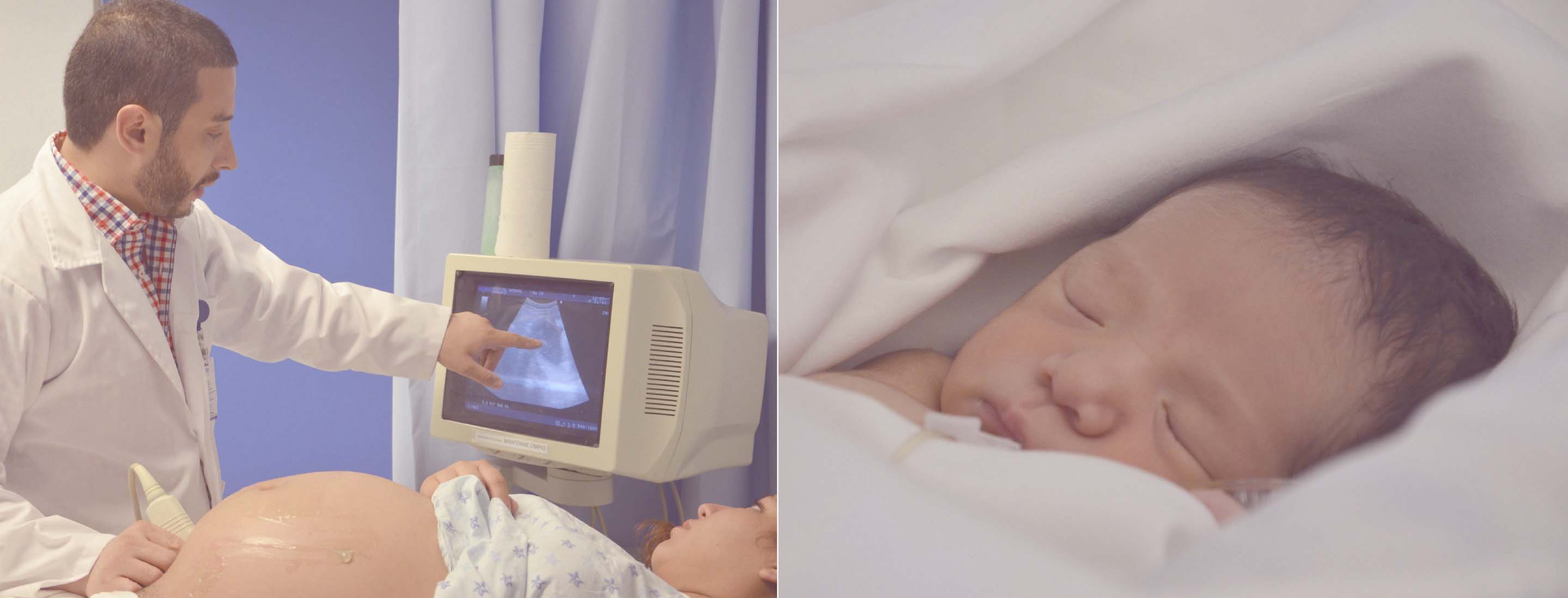Birth defects are the alterations that affect the embryo or fetus. They damage the ability of the body to function and prevent newborns from having a normal development process.
Birth defects can affect babies regardless of where they are born, their ethnicity or their race.
Each year, approximately 3 to 6% of babies around the world are born with a serious birth defect. Those who live with these conditions are at greater risk of having lifelong disabilities.
In most of the time it is not possible to detect what is the cause that led to the congenital anomalies; this in view of the fact that these defects are attributable to genetic, environmental or infectious factors; however, there are ways to prevent this condition from affecting the baby.
In Mexico, it is estimated that 11,339 boys and 8,428 girls were born with a birth defect in 2016. Data from the Pan-American and World Health Organization (PAHO / WHO) reveal that most cases of birth defects are preventable or treatable.
Prenatal check-ups in pregnant women are one of the keys to prevention, as well as the recommended care during pregnancy, such as avoiding alcohol and caffeine consumption, not smoking, having a healthy diet, applying compulsory vaccines and going to the doctor in case of fever, headache, pain when urinating and other complications.
Among the most frequent birth defects are neural tube defects, which severely affect the brain and spine and are one of the leading causes of death and permanent disability in the world.
Many of the neural tube defects can be prevented by consuming, before pregnancy, folic acid, a type of vitamin B present in green leafy vegetables, citrus fruits and beans, or by consuming fortified foods or folic acid supplements.
Follow us on Twitter:@SSalud_mx and @JoseNarroR
Facebook: @SecretariadeSaludMX and @JoseNarroOficial
You Tube: Secretaría de Salud México
